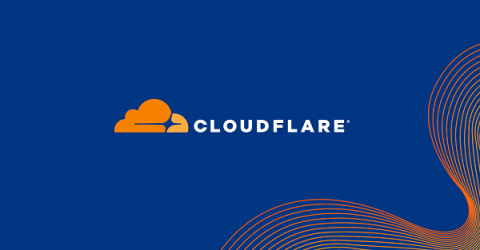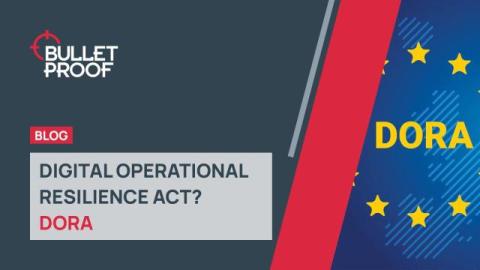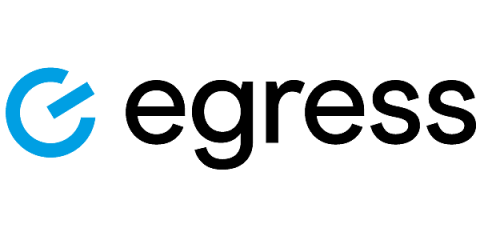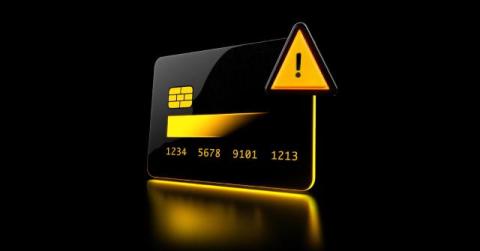A Guide to Corporate Insolvency UK
Corporate insolvency is a crucial process that helps struggling companies address unmanageable debt. In the UK, several options are available, each tailored to specific financial situations, whether a company aims to restructure or faces closure. Key processes include Company Voluntary Arrangements (CVAs), administration, and liquidation, all governed by strict legal frameworks to ensure fairness for both businesses and creditors. Understanding these options is essential for directors to make informed decisions that can either save the company or ensure an orderly wind-down.











